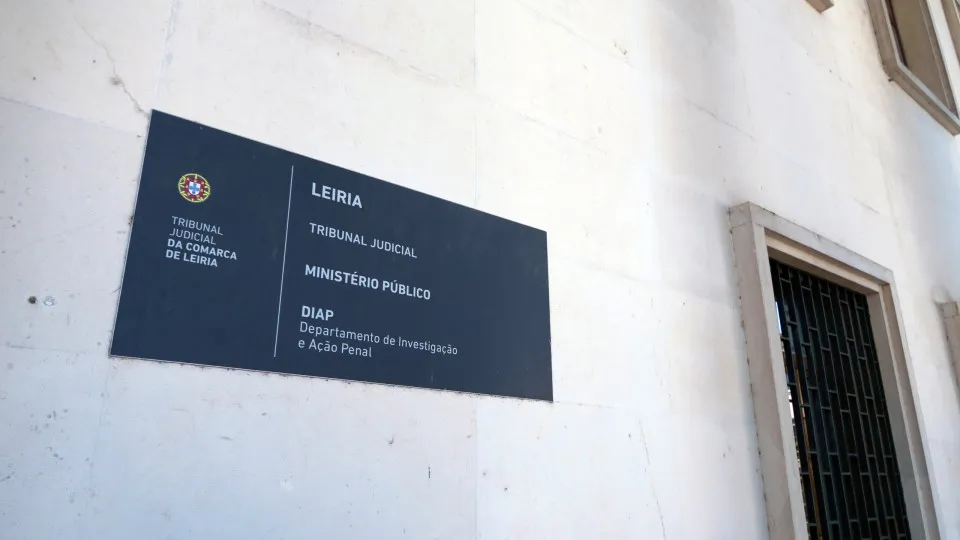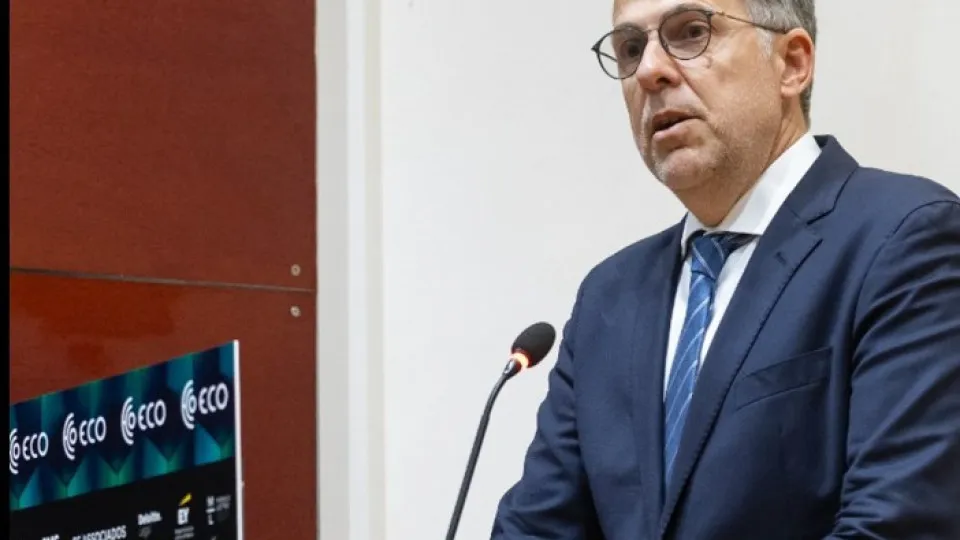
A 40-year-old woman received the heaviest sentence, with a single term of seven years and three months of imprisonment for a total of 36 crimes.
Five other defendants were sentenced to actual prison terms, ranging from one to seven years. In one case, a one-year prison sentence was replaced with community service.
The remaining defendants received suspended sentences of between nine months and four and a half years, contingent on probation.
The court also ordered several defendants to pay amounts equivalent to the assets they illicitly gained, totaling nearly 100,000 euros, and declared about 20,000 euros forfeited to the state.
The judges upheld several claims for compensation for both material and non-material damages filed by the victims.
The 29 defendants, comprising 16 men and 13 women aged 24 to 72, mainly resided in Alentejo, with some being family-related. None were present for the verdict reading.
The case involved, according to the Public Ministry (MP), dozens of crimes including fraud, both simple and qualified, computer fraud, aggravated computer fraud, and unauthorized access, executed individually or in co-perpetration.
Following the trial, there was a change in the legal qualification.
The Regional Department of Investigation and Penal Action of Évora noted that the accused, before October 23, 2019, aware of “the operation of the MBWAY and MBPHONE services [the latter discontinued in November 2022], aimed to exploit these services’ vulnerabilities for economic gain through deceiving unsuspecting third parties.”
The scheme typically began with browsing websites featuring sale advertisements.
Once an ad was identified—most predominantly on OLX—the next step involved contacting the seller, expressing interest, and proposing payment via MB Way.
In the 61 cases presented by the MP (including one attempted case), nearly all victims were unfamiliar with the applications and their functionality.
The defendants and unidentified individuals offered assistance, leading the victims to perform transactions at ATMs as instructed by the supposed buyers.
The transactions involved associating the seller’s bank card with the phone of the alleged buyer, who would then gain access to the victim’s bank card and account through the application.
The “buyer” would proceed to use the “send money” feature on the app, transferring funds to a phone number linked to a bank card owned by them or another defendant.
The MP added that accounts belonging to other individuals, including victims, were employed to move funds appropriated from other victims.
Beyond transfers, cash withdrawals and mobile phone top-ups were made, along with balance inquiries or account transaction checks of the victims.
According to Lusa’s calculations, the actual financial loss suffered by the victims was 166,553.55 euros.




